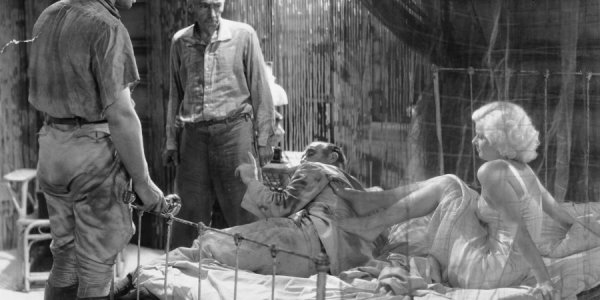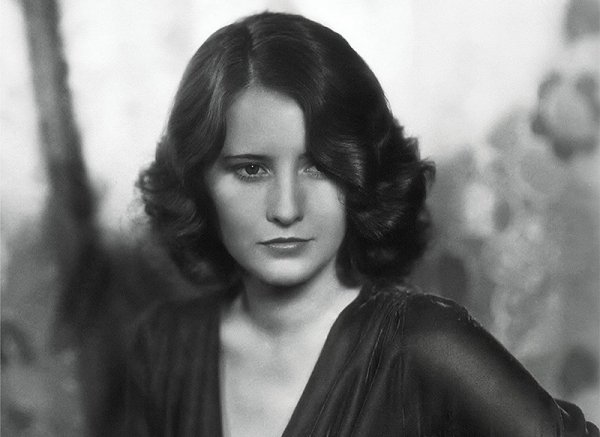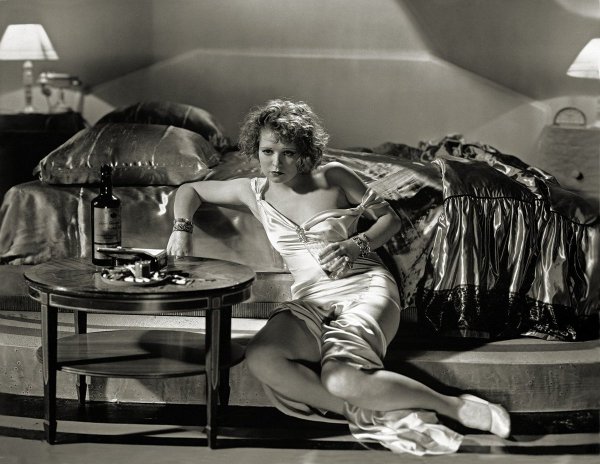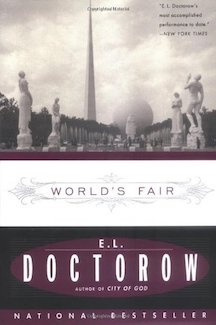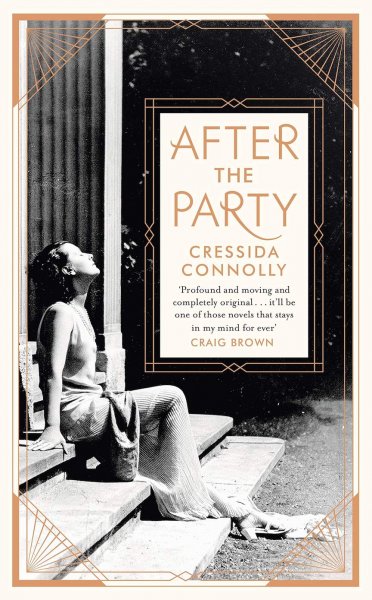- Messages
- 17,480
- Location
- New York City
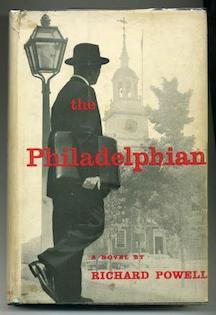
The Philadelphian by Richard Powell, originally published in 1957
Book themes and styles have a vogue; today, for example, almost every new fiction book I read has a strong female character(s) defeating arrogant, sexist men; in the '50s, multi-generational family sagas were popular. Often, they would start with an immigrant coming to America and would proceed to track the family's advancement as several generations "climb" the social and economic ladder until they either have arrived at/near the top where their new status is threatened or they are just about to break into the top ranks but are being thwarted by "the old guard."
The Philadelphian is a darn fine example of the latter. A strong-willed young Irish girl arrives in Philadelphia in the middle of the 19th Century and, after finding employment as a maid in one of Philly's "finest" families, swears to herself that her son will be raised to join the ranks of Philly's elite.
For a 1950's view of a mid-1800s woman, Maggie is a heroine - she takes responsibilities for her actions, won't play victim (to a consensual sexual encounter with her employer's son) and fights to keep her child without taking charity. However, if written today, she wouldn't be seen as one, as she passionately wants a son. She understood that a son, in her era, would have a better chance of climbing up the ladder and she accepts some help from men along the way. Not that this 1950s' view of the 1850s was pure of biases, but it is revealing to see how much a character in the 1850s would change if written to meet today's heroine standards, especially since the 1850s themselves haven't change.
It takes a few more generations than Maggie hoped for her family to climb nearly to the top of the ladder, but her dreams and the novel's narrative really take off when her great grandson, Anthony, graduates from law school and begins apprenticing at one of Philly's old-line white shoe firms.
Powell clearly knows Philly's history and, in particular, the nuances and sinews of power that its ruling class used to keep its position. Anthony, her son, leverages his smarts at both law and people (once you have the former, the latter is the real key to entering the top of the social strata) to position himself to be valuable and acceptable to Philly's elite.
His hard, but overall, not-too-bumpy rise to the top becomes threatened as he is recruited - in highly mannered but protecting-itself fashion - by Philly's business and social leaders to defend one of its own errant sons from murder charges with the unstated (and immoral by the legal community's standards) goal of not besmirching the family even if the wayward progeny has to go down. The good of the many of Philly's elite outweighs the needs of its few or, even, one - it's a cold world.
The way Anthony navigates these dangerous waters is the climax of the book and worth the read alone, but the entire book is a high-end soap-opera page turner - something '50's era American writers all but perfected. And after you finish this fun trip through the American story / dream, you can look for its movie version, The Young Philadelphians, which was truncated by the demands and limits of Hollywood, but is still an enjoyable saponaceous indulgence.




